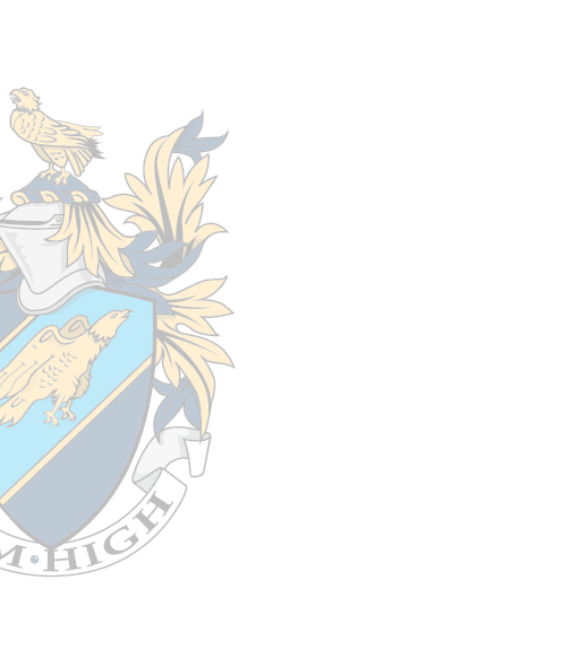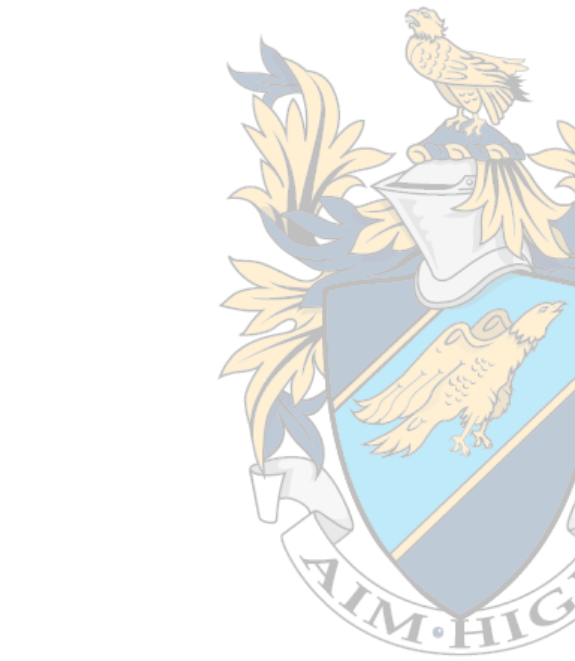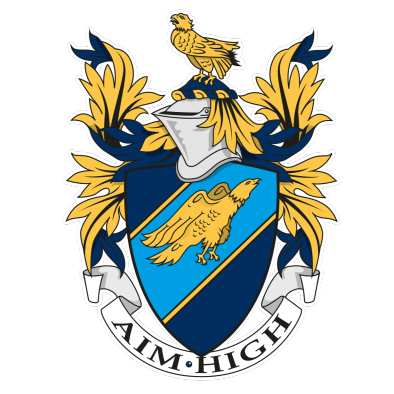Computing and Computer Science
Curriculum Aims
We aim for everybody to:
- understand the modern digital world they are entering into is an ever-changing one;
- understand the many issues and consequences surrounding digital technology and its use;
- be responsible and competent users of digital technology by understanding a range of ways to use the digital technology safely, respectfully and securely, including protecting their online identity and privacy;
- be confident and creative users of information and communication technology, including the ability to be innovative with projects such as coding;
- be confident with their ability to use and be creative with basic digital literacy tools such as word processors, spreadsheets and presentation software.
Curriculum Information
Qualifications
Students who opt for GCSE Computer Science at KS4 will be following the Pearson (GCSE) Computer Science (2020) specification/course. They are required to sit two examination assessments, both taken in Year 11. Each of the two papers are each worth 50% of their final grade.
Paper 1 is a standard written paper entitled ‘Principles of Computer Science’. This is the theory paper (90 minutes)
Paper 2 is a practical ‘on-computer’ coding exam entitled ‘Application of Computational Thinking’ using the Python programming language (120 minutes)
GCSE Computer Science will develop not only the student’s practical understanding of computers and the ability to program, but also their ability to think logically and solve complex practical logical problems to enable them to develop sophisticated computer programs to overcome them.
Summary of Assessment
KS3 students (1 x 60 minute lesson per week) have a practical Computing/Computer Science curriculum that is broken down into focused units. Each unit has a range of in-lesson tasks and usually a larger project-style outcome. The unit is usually assessed holistically based on each student’s efforts and outcomes.
KS4 students (3 x 60 minute lessons per week) who have opted for GCSE Computer Science are assessed by sitting two examinations at the end of Year 11. Each paper is marked out of 75 and is worth 50% of the final grade.
Paper 1: Principles of Computer Science
- Written theory paper: 1 hour 30 minutes
- 75 marks
- 50% of the qualification
Paper 2: Application of Computational Thinking
- Practical ‘on-computer’ coding exam using the Python programming language: 2 hours
- 75 marks
- 50% of the qualification
Where can I find more details?
Additional Information
- We have a KS3 coding club and a KS4 python club, which take place during lunchtime as part of our co-curricular offer.
Subject Guides for Parents and Carers
Computing during Years 7, 8 and 9
Computer Science during Years 10 and 11





